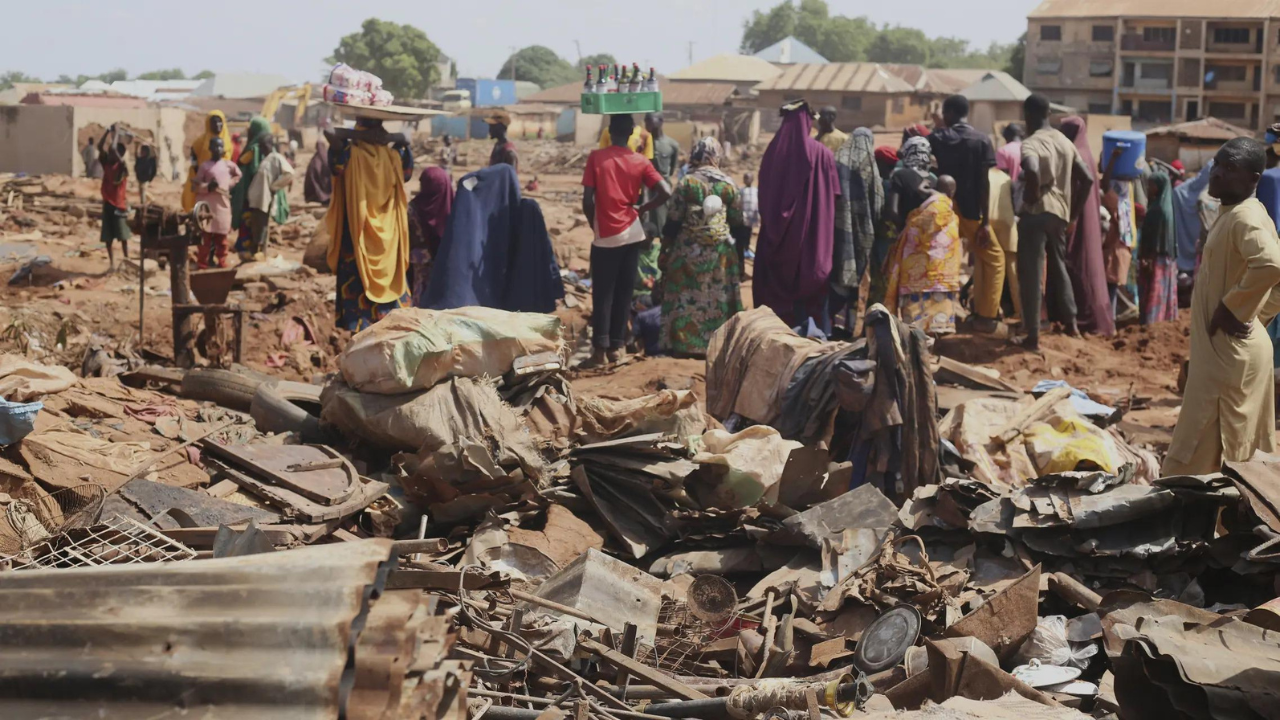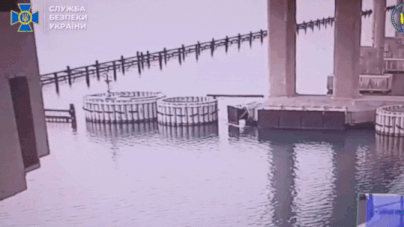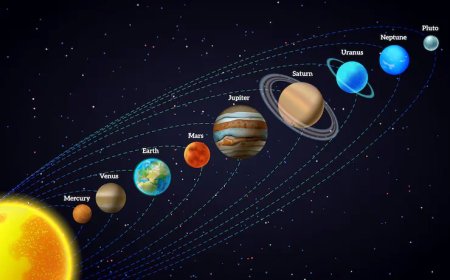In Kerala, the disastrous ripple effects of seabed sand mining

Join our WhatsApp Community to receive travel deals, free stays, and special offers!
- Join Now -
Join our WhatsApp Community to receive travel deals, free stays, and special offers!
- Join Now -

The past decade has been one of relentless struggle for fishing communities in Kerala. Diminishing marine resources, severe coastal erosion, battles against large port infrastructure, unfulfilled government promises, youth migration and societal marginalisation have left them grappling for survival. Now, a new threat looms on the horizon: seabed sand mining in the Arabian Sea.
In November 2024, the Ministry of Mines announced a tender for offshore sand mining in collaboration with private entities under the provisions of an amended version of the Offshore Minerals (Development and Regulation) Act, 2002.
The target? The Kollam Bank, also known as Quilon Bank, a historically-rich fishing ground off Kerala’s coast.
Three mining blocks, spanning 242 square kilometres and holding an estimated 302 million tonnes of construction-grade sand, are set to be dredged at depths of 48 metres-62 metres, 27 km-33 km from the shore. This area lies beyond the 22-km territorial sea limit, where state governments hold fishing rights.
The technical bids for this project are set to be examined and implementation will begin soon, leaving fishing communities and environmentalists in a race against time.
The sand rush
Sand, the second-most exploited natural resource after water, has become a cornerstone of rapid urbanisation. Seabed sand mining, driven by the insatiable demand for sand primarily in the...
What's Your Reaction?
 Like
0
Like
0
 Dislike
0
Dislike
0
 Love
0
Love
0
 Funny
0
Funny
0
 Angry
0
Angry
0
 Sad
0
Sad
0
 Wow
0
Wow
0
























































